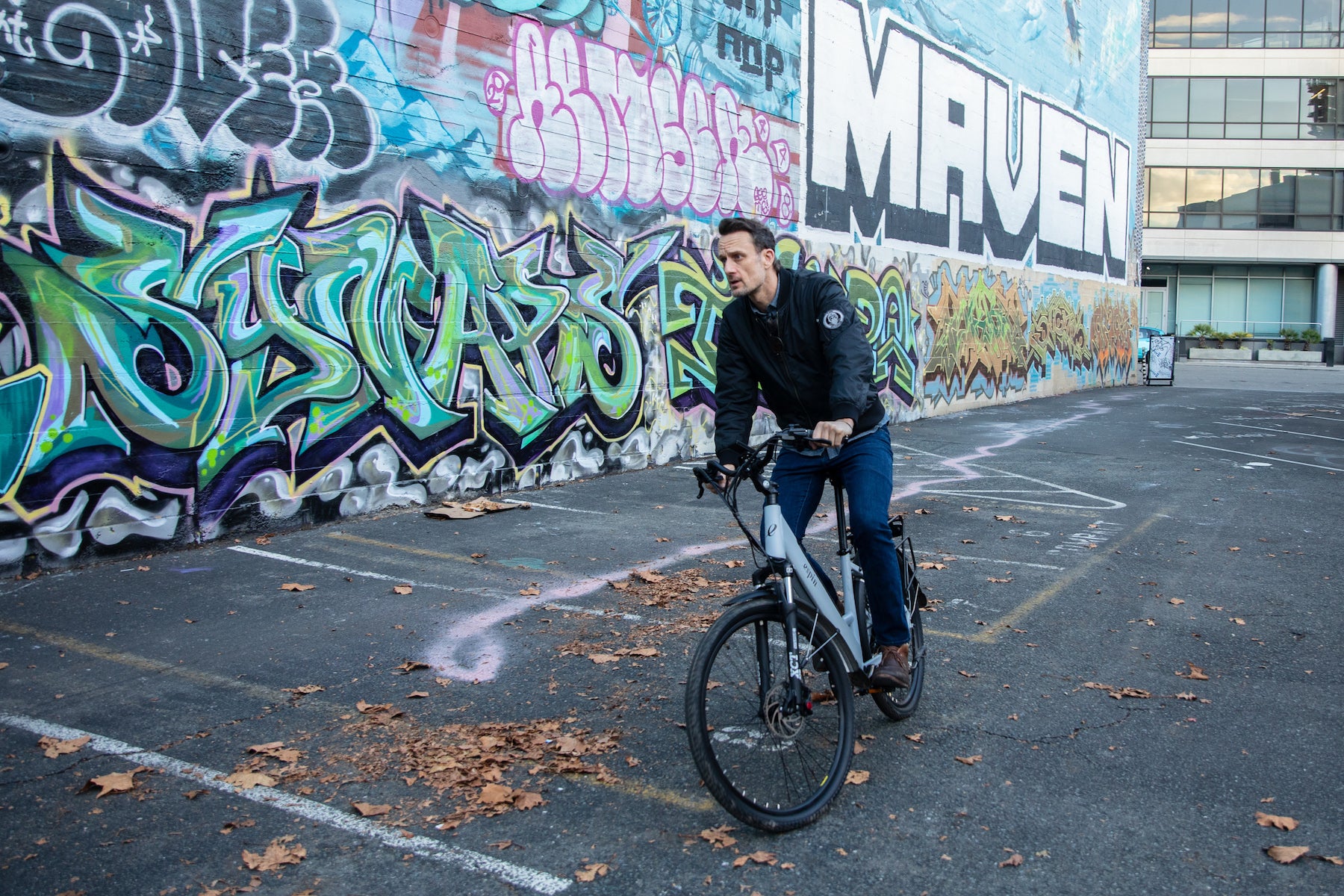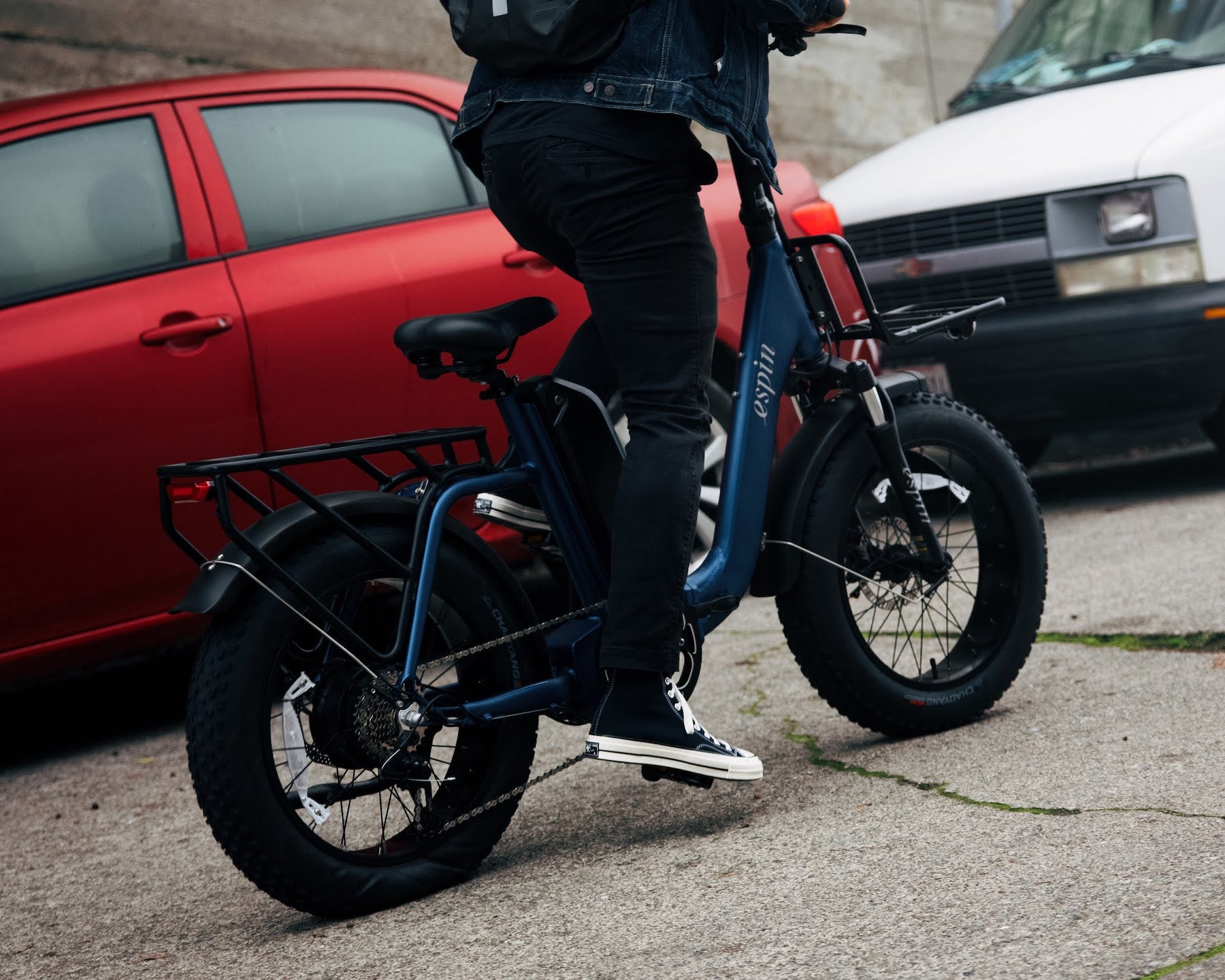Electric bikes are famous for combining technology and sustainability in one. Although most people have mistaken them for something similar to a motorcycle, it is a mechanism closer to a regular bike. It is a user-friendly device that’s more efficient to use, especially for people starting to get into biking as their hobby.
How Do Electric Bikes Work?
Unlike regular bikes, electric bikes have other components that make them work. For starters, there are four main components in it, and understanding every one of them is essential in finding the best unit for your needs.
1. Battery
People should know that electric bikes use a battery to run. Since it works electronically, it needs a component that gives the energy it needs. The battery is the part in an electric bike that does the job, making an enormous difference in how efficient the machine is. Most electric bikes use a 350 to 500-watt battery, less power than usual household devices. In general, the batteries are also lighter to ensure efficiency while the bike travels during use.
2. Motor
The motor does all the job for the rider of the electric bike. It is the primary source of efficiency while requiring the power the batteries provide. Bike motors are different for every electric bike. They are different from each other depending on the structure of the bike and the power it needs to run. Some motors are big and bulky, while others offer the functionality that the cycle provides. Meanwhile, some engines only provide enough support to cover the essentials.
3. Frame
An electric bike’s exterior impacts how it works. Although most people who own a bike are aware of the importance of a frame, it is also important to note that the central portion of the bike holds your weight—having a bike frame with sub-par qualities can result in disastrous consequences. However, an electric bike’s frame looks slightly different from a regular bike’s frame as it is designed to hold other components to make it work.
4. Brakes
Brakes are an essential part of bikes, either on regular or on electric models. They provide safety in instances where immediate stopping is needed. In electric bikes, brakes have become more efficient and are designed to provide more streamlined braking. In general, they allow better maneuvering on slopes and downhill roads—a feature that regular bikes have been lacking since their invention.
a. How to Charge an Electric Bike?
Electric bikes come with a battery charger that is simple to use. All that a user needs to do is plug it in an outlet and wait for at least three hours to charge. There are also “fast-charging” batteries that can recharge in a shorter period.
b. How Far Can an Electric Bike Go?
The distance an electric bike can travel depends on the manufacturer, the battery pack, and the motor that comes with it. Although there isn’t a definite answer, the current longest travel distance is around 350 to 400 kilometers in one charge.
c. Can An Electric Bike Get Wet?
Electric bikes are designed to be waterproof, evading damage from terrain with patches of water and surfaces that are wet. However, there are limitations, such as being fully submerged in water. But even heavy rain shouldn’t bother the unit at all if you don’t intend to trudge through floods.
Conclusion
An electric bike is an ideal upgrade for long-time bike users. As it combines the efficiency of biking and technology, it is an invention that upgrades the experience of using regular bikes. They are a more efficient alternative to cars and motorcycles.
Espin Bikes believes that finding the right electric bike goes a long way. Drop by our website today and take our e-bike quiz, a test that explores which electric bike fits your needs and lifestyle. If you already have an electric bike model in mind, check out our online store and shop today.









Leave a comment
This site is protected by hCaptcha and the hCaptcha Privacy Policy and Terms of Service apply.